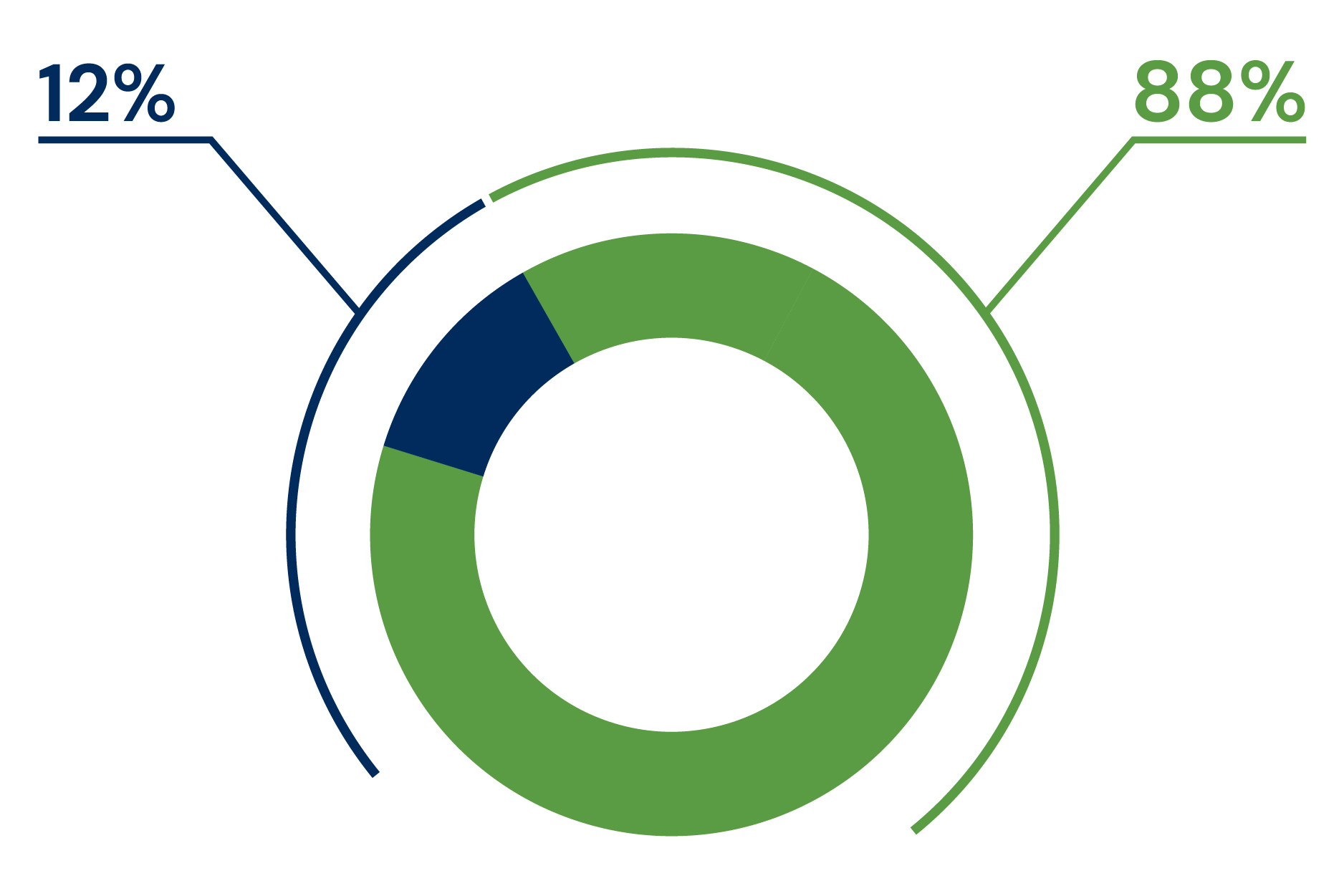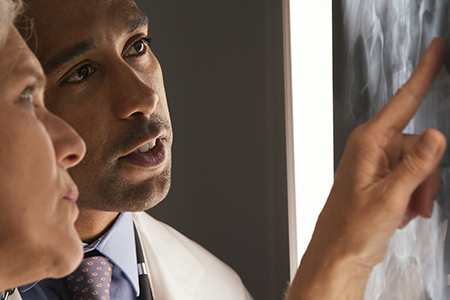The Value of a Second Opinion


Learning you have a new diagnosis may be both challenging and overwhelming. This may be especially true if the diagnosis is life-altering or life-threatening. Having a second opinion will help you gather additional information about your diagnosis, confirm that the diagnosis is correct, and teach you more about treatment options. This allows you to make informed decisions about your medical care. Taking an active role in your healthcare is the most important thing you can do for your health.

A 2017 Mayo Clinic study revealed the value of second opinions. Many patients with complex conditions visit Mayo Clinic for second opinions. They reported that “as many as 88 percent of those patients go home with a new or refined diagnosis, changing their care plan and potentially their lives. Conversely, only 12 percent receive confirmation that the original diagnosis was complete and correct.”

You may be wondering when the right time is to get a second opinion. Serious emergencies that require imminent lifesaving treatment does not allow time for a second opinion. However, most people who receive a diagnosis in an office setting have time to explore second opinions. You may want to ask your physician if there are consequences to delaying treatment while you explore options. This is especially true with a new cancer diagnosis. Most experts in cancer care can see people with a new cancer diagnosis in a timely manner so that treatment is not delayed. In the specific case of cancer, a second evaluation of a pathology report from a biopsy can be a pivotal point because if the diagnosis is wrong, then the treatment will also be wrong.

Some examples of times to consider a second opinion include:
- Your diagnosis is unclear, complex, or requires you to engage long term in the healthcare system
- Your diagnosis is life-threatening
- Your diagnosis is rare
- Planned surgery is recommended, i.e. not imminent to your condition
- The treatment recommended is controversial or experimental
- Your health plan requires you obtain a second opinion prior to a surgery or other treatment
Most insurance carriers will cover a second opinion; check with your carrier to confirm as this varies with each carrier.

Contact ConnectCare3 to help assist you with second opinion options and clinical support for most diagnoses. The nurse navigators at ConnectCare3 can identify several well-qualified physician options for your second opinion. They can provide you with credible patient education about your diagnosis and treatment plan as well as help you prepare for appointments and teach you how to obtain and manage your medical records. Clinical support includes providing you with appropriate questions to ask your physician that are tailored to your unique situation. This ensures informed discussions take place with your provider. In the process, you will learn to become an empowered advocate for yourself as you engage with the health care system.

Check out our additional resource on second opinions.
